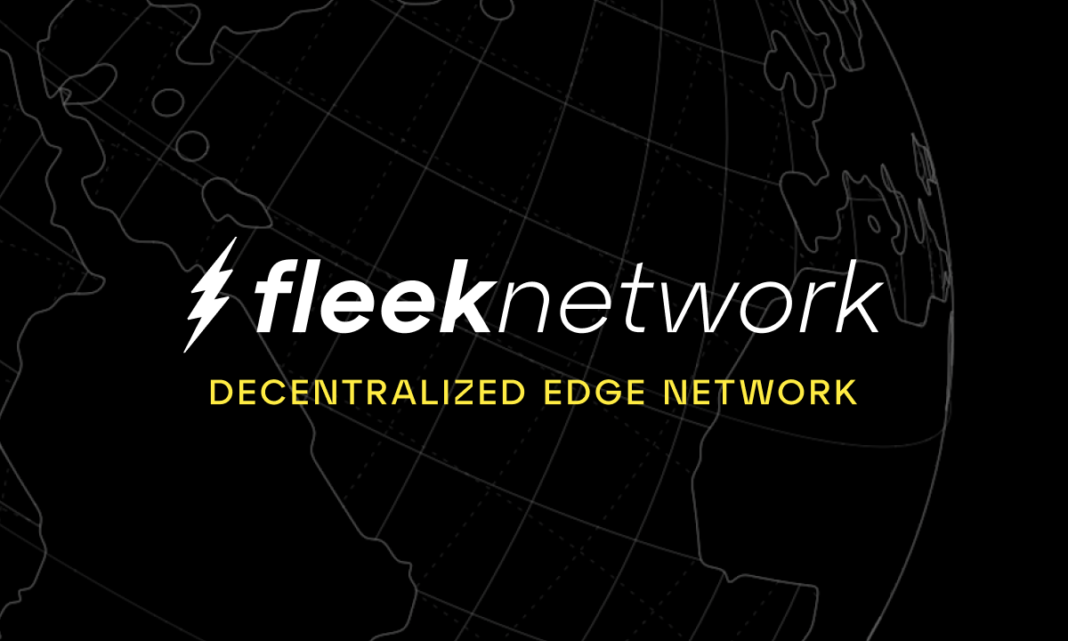A new whitepaper from Fleek Network outlining the decentralized edge platform it is developing has just been published. Along with its release, the protocol’s new open source github repository has just been launched. On the road to releasing a testnet for the decentralized edge network next month, this release represents a significant milestone.
The new whitepaper is an improvement of the earlier whitepaper and research centered on a decentralized CDN. A full-edge network is made possible by the new protocol architecture and design that are introduced. The new protocol may handle a considerably larger variety of decentralized edge services, such as serverless functions, SSR (server-side rendering), container orchestration, different database functions, etc., but a decentralized CDN is still one of the use cases.
The contemporary web has moved from the cloud to the edge, and Fleek decided to create a decentralized edge platform in response to these infrastructural developments. This change reflects both the internet’s fast-growing user base and the low latency requirements of consumers throughout the world.
Fleek Network wants to provide a shared performance layer that all web3 protocols can use rather than developing this performance layer redundantly for every web3 service or protocol. The edge platform from Fleek Network is able to enhance almost any web3 protocol, service, and application because of its modular and protocol-agnostic architecture.
Because of the way Fleek is designed, the work that nodes throughout the network do is only influenced by their location and a reputation score that is based on performance. Stateless execution, a VM-less core, content addressing, and other performance enhancements are other characteristics of the network. These support the network’s overall performance and low latency, as stated in the whitepaper, as well as the edge services that are built on top of it.
Harrison Hines, CEO and Co-founder of Fleek Network said: ”Similar to the modern web’s evolution, web3 is quickly moving towards a modular and composable future. Introducing a highly-performant decentralized edge network into the web3 stack as a shared performance layer could help close the gap between web2 and web3 performance, and provide a significant building block for developers on the road to mass web3 adoption.”
Parsa Ghadimi, lead researcher at Fleek Network, added: “Fleek Network’s architecture replicates the theory the edge brought to web2 to a blockchain architecture: executing services close to users, intelligently scaling up and down, only using resources when and where required. It’s a unique setup in web3 today, geared specifically towards web-service performance and cost requirements.”
Microservices that are accelerated by a performance layer that sits on top of everything else define the contemporary web. These same features will be offered in a decentralized manner via Fleek Network’s edge platform without compromising on speed, cost, or web3 principles.
To fulfill the latency requirements of developers and end users, the majority of web3 protocols now depend on web2 performance layers. With the help of Fleek Network’s decentralized edge technology, the web3 stack will get a much-needed performance layer, allowing developers to further decentralize their infrastructure and eliminate potential points of failure while still delivering the speed and low latency that their consumers need.
Following the publication of the revised whitepaper and Github source, Fleek seeks to release a testnet for its decentralized edge network, which is presently scheduled for August.











